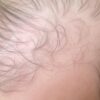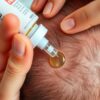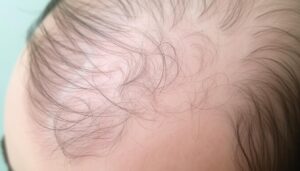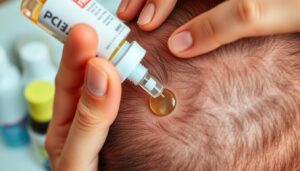Ever thought your meds might be causing hair loss? Spironolactone, a common drug, has sparked debate on its hair growth effects. If you’re worried about your hair or take spironolactone, this article is for you. It dives into how spironolactone affects hair loss and growth, aiming to clear up confusion.
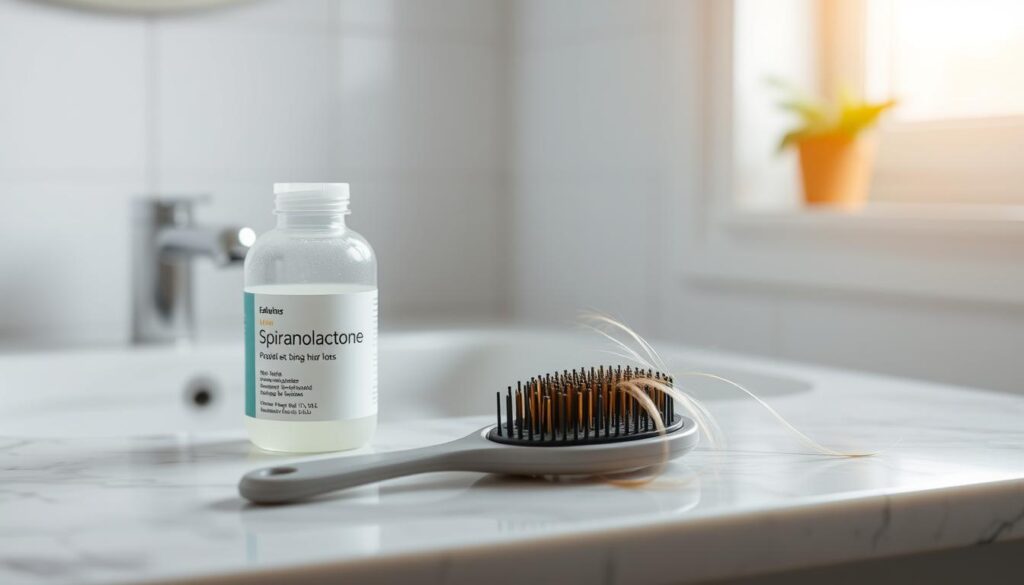
Key Takeaways
- Spironolactone is mainly for high blood pressure but is also used for acne and PCOS.
- Spironolactone’s effect on hair loss is complex. It can cause or treat hair loss, depending on the person.
- It’s important to understand how spironolactone works on hair follicles and hormone levels.
- Research is looking into topical spironolactone for androgenetic alopecia. But, more studies are needed.
Understanding Spironolactone’s Role in Hair Loss
Spironolactone is a medication used for high blood pressure and fluid retention. It’s also used for hormonal conditions. People are interested in its effects on hair growth for spironolactone and hair loss.
How Spironolactone Affects Hair Growth
Spironolactone can have both good and bad effects on hair. Does spironolactone block dht,It might and promote hair growth for some. But, it could also cause temporary hair shedding or thinning for others. The effect depends on the person, dosage, and other factors.
Using spironolactone for hair loss isn’t a one-size-fits-all solution. A 50 mg dose of spironolactone might work for some, but the right dose varies. Mixing it with minoxidil could make it more effective for hair growth.
Topical spironolactone is also being studied for hair loss. It might target hair loss more directly. But, we need more research to know its safety and effectiveness.
“Spironolactone can be a valuable tool in the management of hair loss, but it’s crucial to work closely with a healthcare professional to determine the best course of action for your individual needs.”
Can Spironolactone Cause Hair Loss?
Spironolactone can cause hair loss as a side effect. This usually happens when your body first starts taking the drug. But, in most cases, hair growth goes back to normal once your body gets used to it.
How likely spironolactone is to cause hair loss depends on a few things. These include the dose you’re taking, how your body reacts to it, and how long you’ve been taking it. Some people might see more hair falling out at first, while others might not notice it at all.
If you’re taking spironolactone and notice a lot of hair loss, keep an eye on it. Talking to a doctor is a good idea. They can help figure out what to do next. This might mean changing your dose or finding another treatment.
Conclusion:
Scalp micropigmentation (SMP) has emerged as a revolutionary solution for individuals experiencing hair loss, offering a viable alternative to more traditional treatments. This cosmetic procedure replicates the appearance of hair follicles by depositing pigment into the scalp, providing a fuller look without the need for surgical intervention.
If you are interested in SMP, come visit us at ScalpMasters. As the demand for effective hair loss solutions continues to rise, many are turning to SMP, especially those who may not see results with solutions like topical spironolactone for hair loss.
Are you ready to start you journey or know anyone who is interest in scalp micropigmentaiton. Contact us today to schedule a consultation!



